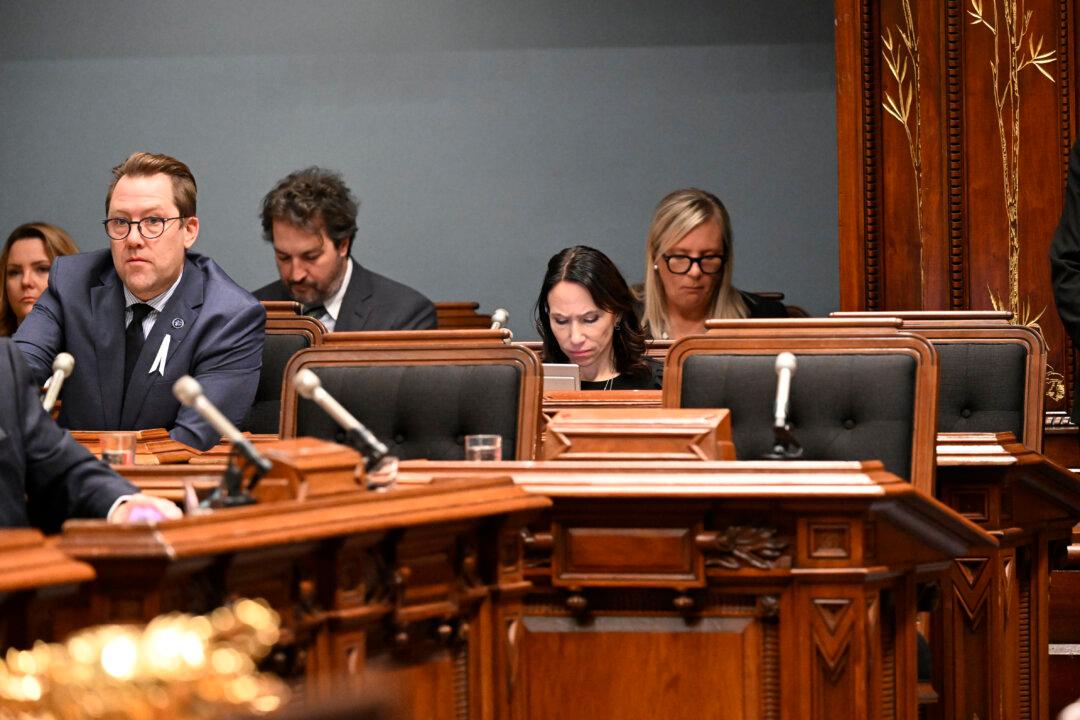Commentary
The latest Quebec political snit over MNAs swearing allegiance to the Canadian monarch is part of a long-standing charade. It tempted me to reprint my 1996 Gravitas article scorning federal citizenship minister Lucienne Robillard’s musing about ditching the Queen from Canada’s citizenship oath “in line with the reality of Canada and the fact that we’re heading into the 21st century and also that we want to reinforce our Canadian identity.” But things have gotten sufficiently worse that I have something to add about the dangerous way anarchy in the intellect brings anarchy in the Commonwealth.





